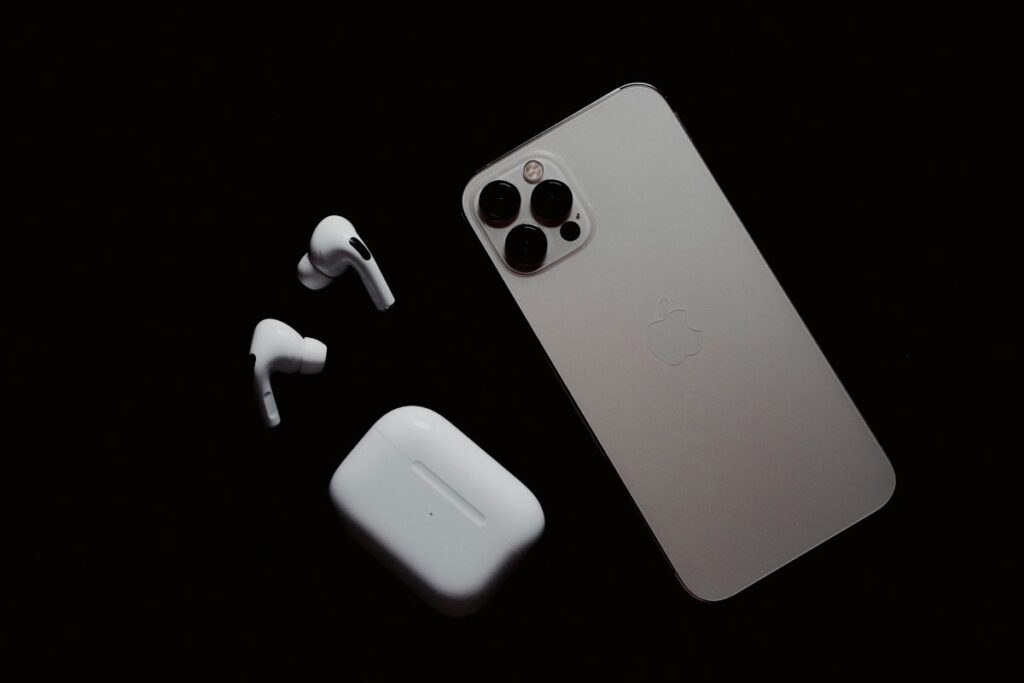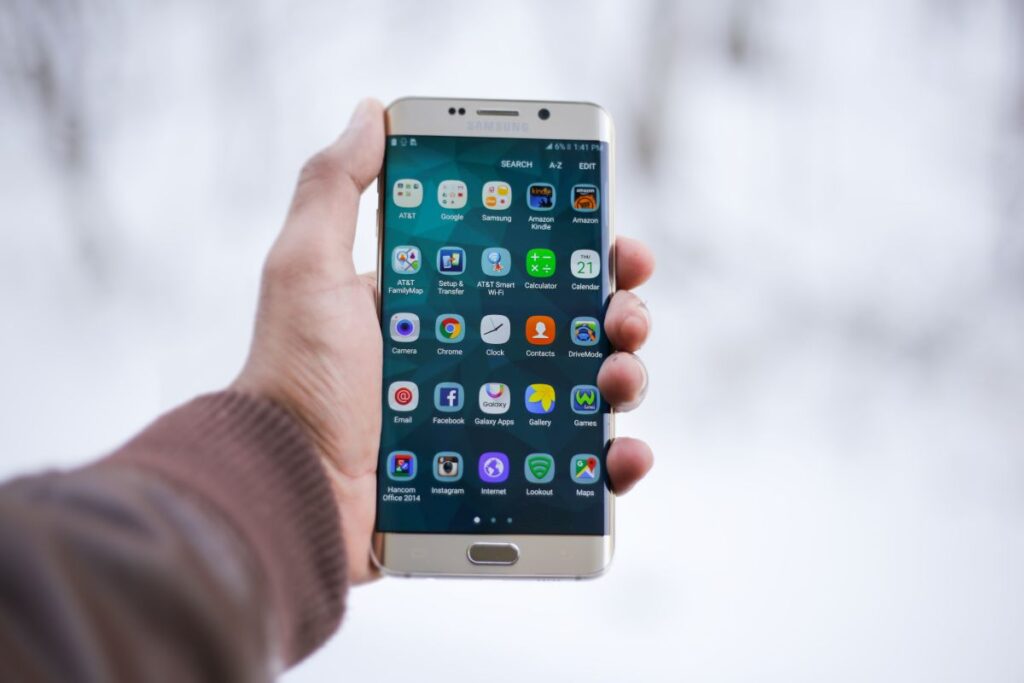Are you in the market for a new smartphone but unsure whether to go for an iPhone or Android device? Both offer unique features and benefits, but which one is better suited to your needs? In this article, we’ll explore the key differences between iPhone and Android and help you decide which one is right for you.
Key differences between iPhone and Android
When it comes to design and build quality, iPhones are known for their premium and sleek design, while Android devices come in a range of styles and sizes, offering more variety. In terms of user interface and experience, iPhones tend to have a more intuitive and user-friendly interface, while Android devices offer more flexibility in terms of customization.
The current iPhone models include the iPhone 14, iPhone 14 Pro and iPhone 14 Pro Max, running on the latest iOS 16 operating system. On the other hand, the latest Android models include the Samsung Galaxy S23, Google Pixel 8, and OnePlus 11, running on the latest Android 14 operating system.
When it comes to the app store and app quality, Apple’s App Store has strict guidelines, resulting in higher-quality apps, while the Google Play Store has a more open policy, allowing for more apps but also more low-quality apps.
In terms of price range and affordability, iPhones tend to be more expensive, while Android devices offer a range of prices to fit different budgets. Overall, the key differences between iPhone and Android boil down to personal preferences and needs, and it’s important to consider these factors when making a decision.
Design and build quality
Apple is renowned for its sleek and elegant designs, with the iPhone being no exception. On the other hand, Android devices come in a wide range of shapes, sizes, and designs, with some offering more durable and rugged builds.
User interface and user experience
Both platforms have intuitive user interfaces, but the experience differs. iOS is known for its simple and straightforward design, while Android provides more flexibility and customization options.
App Store and app quality
The App Store and Google Play Store both offer a vast selection of apps, but the App Store is known for its higher quality and more stringent approval process.
Customization options
As previously mentioned, Android offers more customization options, from home screen layouts to app icons and widgets. In contrast, iOS is more limited in terms of customization.
Price range and affordability
iPhones tend to be more expensive than Android devices, with a more limited range of pricing options available.

Advantages of using an iPhone
If you’re considering an iPhone, here are some of the benefits you can expect:
Integration with Apple ecosystem
If you’re already invested in the Apple ecosystem, an iPhone is the perfect complement. From syncing your contacts and calendars to using iCloud and other Apple services, an iPhone offers seamless integration.
Better security and privacy features
Apple is known for its focus on security and privacy, with regular updates to keep your device safe from malware and other threats.
Consistent software updates and support
Apple provides consistent software updates for several years after the release of a new device, ensuring you always have access to the latest features and security updates.
High-quality hardware and camera
Apple is known for its high-quality hardware, from its retina displays to its cameras. If you’re someone who values a premium look and feel, an iPhone is an excellent choice.

Advantages of using an Android
If you’re considering an Android device, here are some of the benefits you can expect:
Greater device variety and customization options
Android offers a wide range of device options, from budget-friendly to high-end, with plenty of customization options to make your device unique.
More affordable options are available
If you’re on a budget, Android devices offer a more affordable range of options than iPhones.
Better integration with Google services
If you’re someone who relies heavily on Google services like Gmail, Google Drive, and Google Assistant, an Android device may be a better choice.
Flexibility in terms of file management and transfer
Android devices offer more flexibility when it comes to file management and transfer, allowing you to easily transfer files between your device and computer or other devices.
Which is better for you? IPhone or Android!
Ultimately, the decision between iPhone and Android comes down to personal preference and needs. Consider the following factors when making your decision:
· Budget
· Device features and customization options
· Integration with other devices and services
· Security and privacy concerns
· Camera and hardware quality
FAQs
Which is more popular, iPhone or Android?
Android is more popular with a market share of about 72%, while iPhone has a market share of about 28%.
Is iPhone more secure than Android?
Yes, iPhone has better security features than Android, including regular software updates and a tightly controlled app store.
Is it easier to customize Android devices than iPhones?
Yes, Android devices offer more customization options than iPhones, such as changing default apps, widgets, and themes.
Do iPhones and Androids have better cameras?
Both iPhone and Android have high-quality cameras. However, iPhone cameras tend to perform better in low-light conditions.
Which is more expensive, iPhones or Androids?
It depends on the model. Generally, iPhones are more expensive than Androids, especially the newer models.
Can you transfer files more easily with Android or iPhone?
Android devices offer more flexibility in terms of file management and transfer, while iPhone has a more restricted file system.
For more information, you can read more blogs.




